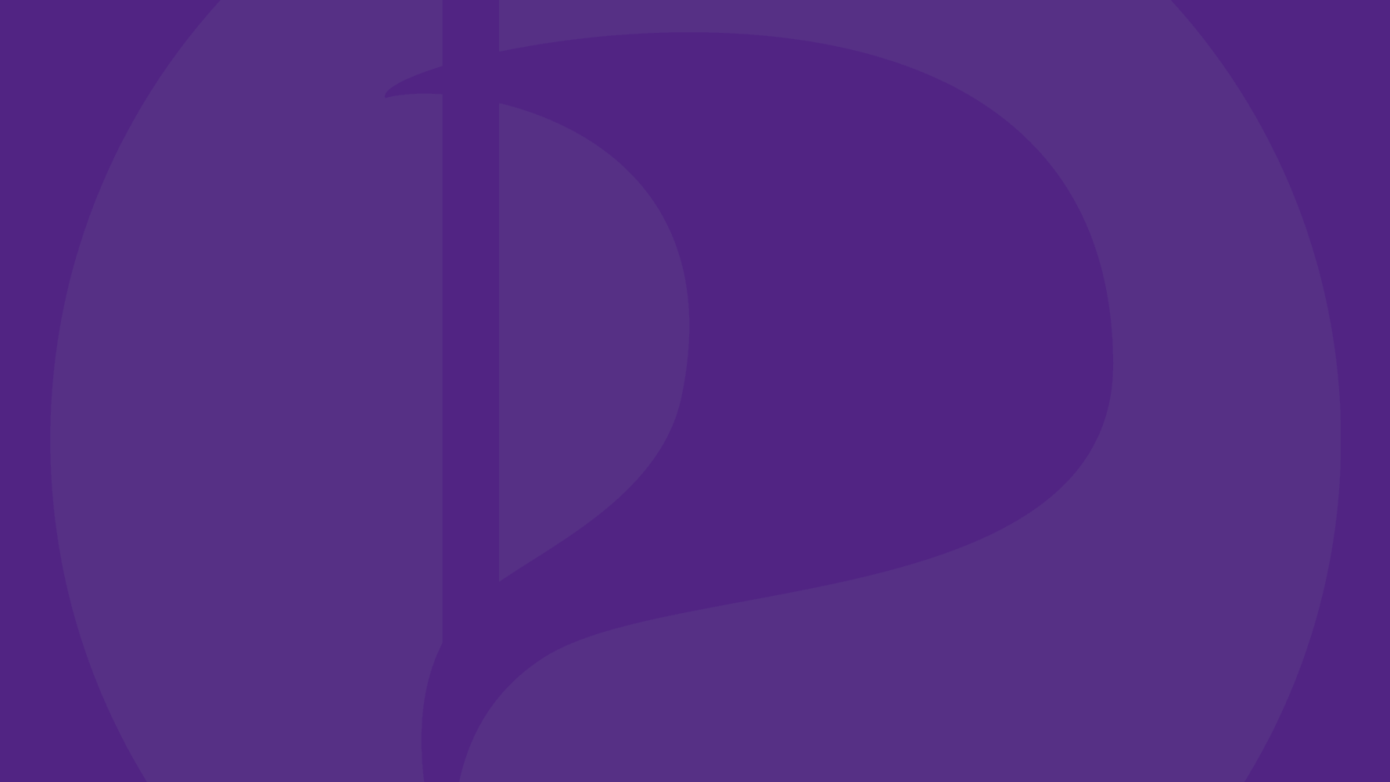Med jämna mellanrum återkommer tanken att problemet med internet är att människor kan vara anonyma och att vi därför borde förbjuda människor från att kunna kommunicera anonymt. Det är en dum och farlig idé. Anonymitet är en hörnsten i medborgarens rätt till ett privatliv, nödvändigt för att vi ska kunna leva fritt, utveckla vår personlighet. Piratpartiet vill skydda människors möjlighet att kunna använda digitala plattformar anonymt och pseudonymt.
Anonymitet ger bättre diskussionsklimat
>Facebook har sedan många år krävt att användare publicerar sig under sitt riktiga namn (med varierande framgång). Få som använt Facebook mycket och kan jämföra med pesudonyma tjänster som till exempel Reddit skulle nog hävda att diskussionsklimatet är bättre där människor tvingas använda sina ”riktiga namn” än där de kan bruka pseudonymer.
Icke-anonyma personer tenderar generellt att bete sig sämre än anonyma personer, vara mer aggressiva och hårdare i tonen. Kanske för att den som skriver under sitt ”riktiga” namn har mer att förlora på att medge att man haft fel eller lämna en diskussion som man förlorat kontrollen över.
Results show that in the context of online firestorms, non-anonymous individuals are more aggressive compared to anonymous individuals. This effect is reinforced if selective incentives are present and if aggressors are intrinsically motivated.
https://journals.plos.org/plosone/article?id=10.1371/journal.pone.0155923
Att ha flera identiteter är viktigt för människan
>Människor mår bra av att kunna ha olika identiteter. De flesta av oss beter oss annorlunda när vi är på jobbet än när vi är hemma eller på fest. Vi klär på oss olika roller/identiteter beroende på kontext. Det ger oss möjlighet att utveckla olika delar av våra personligheter och hålla tillbaka vissa aspekter av våra liv som vi till exempel inte vill att vår chef ska känna till. Att framställa oss olika för olika kontexter är inte ett tecken på att människor är bedrägliga, fega eller vilseledande, utan på att vi har flera sidor i vår personlighet. En mångfald av identiteter gör att vi kan bolla en mångfald av tankar i en mångfald av sociala kontexter.
Pseudonymitet skyddar människor
>The people who most heavily rely on pseudonyms in online spaces are those who are most marginalized by systems of power. “Real names” policies aren’t empowering; they’re an authoritarian assertion of power over vulnerable people.
[…]
Not everyone is safer by giving out their real name. Quite the opposite; many people are far LESS safe when they are identifiable. And those who are least safe are often those who are most vulnerable.
Danah Boyd
Att doxxing länge setts som ett grovt brott mot normerna i digitala forum är talande. Doxxing innebär att röja någons anonymitet för att skada denna person. Om anonymitet inte varit viktigt för människor, hade doxxing inte varit ett problem.
För den som arbetar inom en bransch där ens identitet kan vara känslig – t.ex. som psykolog – är det befriande att kunna kommunicera under ett annat namn på nätet. När New York Times hotade att doxxa den kände bloggaren och psykiatrikern Scott Alexander (pseudonym) valde han att radera sin blogg. Hans klienter måste sakna möjligheten att koppla hans bloggande till honom som psykiatriker. I hans blogginlägg om incidenten förklarar han väl varför möjligheten till anonymitet är så viktig ifall vi vill se ett mångfaldigt internet, med olika röster och deltagare.
Maybe I should explain more of my history here: back in the early 2010s I blogged under my real name. When I interviewed for my dream job in psychiatry, the interviewer had Googled my name, found my blog, and asked me some really pointed questions about whether having a blog meant I was irresponsible and unprofessional. There wasn’t even anything controversial on the blog – this was back in the early 2010s, before they invented controversy. They were just old-school pre-social-media-era people who thought having a blog was fundamentally incompatible with the dignity of being a psychiatrist. I didn’t get that job, nor several others I thought I was a shoo-in for. I actually failed my entire first year of ACGME match and was pretty close to having to give up on a medical career. At the time I felt like that would mean my life was over.
[…]
Also, my patients couldn’t Google my name and find me immediately, which I was increasingly realizing the psychiatric community considered important. Therapists are supposed to be blank slates, available for patients to project their conflicts and fantasies upon. Their distant father, their abusive boyfriend, their whatever. They must not know you as a person.
[…]
I got emails from other people who had deleted their blogs out of fear. Sometimes it was because of a job search. Other times it was because of *gestures expansively at everything*. These people wanted me to know they sympathized with what I was going through.
I got emails from people who hadn’t deleted their blogs, but wished they had. A lot of them had stories like mine – failed an interview they should have aced, and the interviewer mentioned their blog as an issue. These people sympathized too.
I got emails that were like that, only it was grad students. Apparently if you have a blog about your field, that can make it harder to get or keep a job in academia. I’m not sure what we think we’re gaining by ensuring the smartest and best educated people around aren’t able to talk openly about the fields they’re experts in, but I hope it’s worth it.
I got an email from a far-left blogger with a similar story, which got me thinking about socialists in particular. Imagine you’re writing a socialist blog – as is 100% your right in a democratic society. Aren’t employers going to freak out as soon as they Google your name, expecting you to start a union or agitate for higher wages or seize the means of production or something? This is a totally different problem from the cancel culture stories I usually hear about, but just as serious. How are you supposed to write about communism in a world where any newspaper can just figure out your real name, expose you, and lock you out of most normal jobs?
I got emails from some transgender bloggers, who talked about how trans people go by something other than their legal name and have a special interest in not getting outed in the national news. I don’t think the Times would deliberately out trans people – probably there’s some official policy against it. But the people emailing me understood that we’re all in this together, and that if oppressed people don’t stand up for the rights of the privileged, no one will. Or something. Man, it’s been a weird year.
I got an email telling me to look into the story of Richard Horton, a police officer in the UK. He wrote a blog about his experience on the force which was by all accounts incredible – it won the Orwell Prize for being the best political writing in Britain that year. The Times (a British newspaper unrelated to NYT) hacked his email and exposed his real identity, and his chief forced him to delete the blog in order to keep his job. I wonder whether maybe if police officers were allowed to write anonymously about what was going on without getting doxxed by newspapers, people wouldn’t have to be so surprised every time something happens involving the police being bad. See for example The Impact Of The Cessation Of Blogs Within The UK Police Blogosphere, a paper somebody apparently needed to write.
I got an email telling me to look into the story of Naomi Wu, a Chinese woman who makes videos about engineering and DIY tech projects under the name SexyCyborg. She granted an interview to a Vice reporter under the condition that he not reveal some sensitive details of her personal life which could get her in trouble with the Chinese authorities. Vice agreed, then revealed the details anyway (who could have guessed that a webzine founded by a violent neo-fascist leader and named after the abstract concept of evil would stoop so low?) In a Medium post, Wu wrote that ”Vice would endanger me for a few clicks because in Brooklyn certain things are no big deal…I had no possible recourse against a billion dollar company who thought titillating their readers with my personal details was worth putting me in jeopardy.” She then went on to dox the Vice reporter involved, Which Was Morally Wrong And I Do Not Condone It – but also led to some interesting revelations about how much more journalists cared when it’s one of their own and not just some vulnerable woman in a dictatorship.
Scott Alexander


